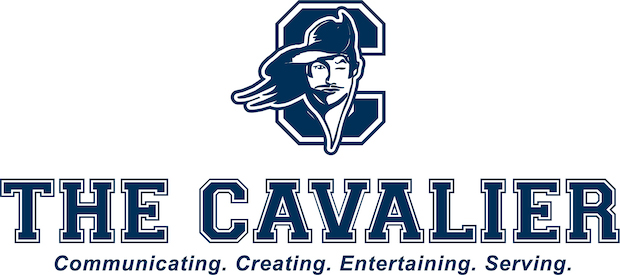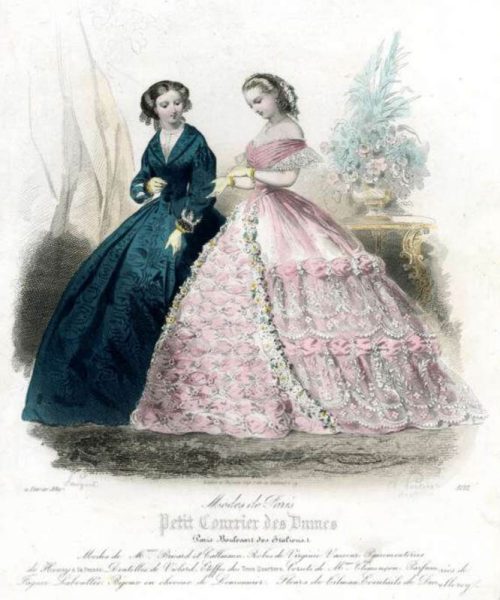Op-Ed: How To Go About Getting Students Excited About Reading
In a study conducted in 2019 by the National Literacy Trust, only 26% of students reported that they read daily. This is the lowest level recorded since the trust started recording this data in 2005. This data is very unfortunate because students who read more perform better on standardized tests. It’s also concerning because students used to read for fun but now few students read for fun and most dread assigned reading assignments.
As young kids, we read a lot. Whether we read Dr. Seuss books or Magic Tree House books, most of us actually enjoyed what we read. In a study conducted by the LA times, 53% of 8 year olds read for fun while only 19% of 17 teen year olds do the same. When we were young, we didn’t have much going on with our lives. We were small kids who didn’t have much homework and didn’t have many extracurricular activities.
As a teenager today, I have tons of homework and sports everyday after school. Free time is almost impossible to come by. When I rarely have free time, the thought of reading a book doesn’t even cross my mind. Instead, I hang with my friends, play video games, or scroll through my phone. I believe that it’s been 2 years since I have read a book for fun on my own. Many teenagers share the same precidiment as me. A study done by Common Sense Media shows that for many American teenagers, the likelihood of them reading at the age of thirteen is 50% greater than the likelihood of them reading at the age of seventeen.
The reason for this drop in reading is pretty obvious to some, but for others, it is still a mystery. CCES English teacher Dr. Stone shared with me his thoughts on why teenagers don’t read as much anymore. He believes that there are 2 factors that have impeded teenagers’ love for reading. In his opinion, the “ubiquity of cell phones” has stopped kids from reading for fun. He claims that phones are “everywhere” and the “impulse to pick up a phone outweighs the impulse to pick up a book.” He also claims that “students have started to associate books with school and students have become disenchanted with anything to do with academics.”
Dr. Stone doesn’t blame students for this problem but instead blames the school system and how school has become more “performance based and not learning based.” I agree with Dr. Stone on all of his points but I would also like to add that teenagers are so busy and concerned about college that they don’t spend much time reading. If teachers and parents want their kids to start reading more, it may be smart to stop assigning as much work so kids have more free time to start reading.
CCES student Eliza Hoffman believes that there is yet another reason as to why most teenagers don’t read as much anymore. She is convinced that students don’t read anymore because of “assigned reading” and believes that teachers should “let students choose books that they are interested in.” Back in elementary school, when kids statistically read more, they weren’t assigned books to read. Instead, they choose books which interest them and read those. Allowing kids to pick which books to read in highschool would raise the percentage of students who read.
Alternatively, by the time kids get to high school, they are forced to read particular books that their teachers assign. Most of the time the books that I have been assigned to read are not interesting. It is almost impossible to get through some of them and sometimes I have been tempted to use spark notes because the books are just so boring.
The question becomes, how do teachers get their students to read more? Back in elementary school, my 4th grade teacher had an amazing idea. She knew that her class was full of very competitive young athletes and attempted to transfer our competitiveness on the soccer field during recess to a reading competition during the day. Her idea was that for each quarter, whoever read the most amount of pages won an award. I obviously wanted to win the competition so I read a ton of books during that year. I won the competition 2 out of the 4 quarters.
From winning the competition, I was able to gloat to my friends, but more importantly, I gained improved reading comprehension skills. Before 4th grade, I regularly scored in the 80th percentile for reading tests but after 4th grade, I regularly scored in the 90th percentile on all standardized reading tests including all the PSATS I have taken. I am convinced that the main reason I now score well on these tests is because of the reading competition my 4th grade teacher started.
Another way teachers can influence their students to read more is through allowing students to pick what books they want to read. CCES student Henry Carter agrees that free reading assignments are more beneficial than assigned reading assignments. He said “free reading assignments allow students to venture out and choose topics they are interested in.”
Over Christmas break, my English teacher offered an extra credit assignment which was to read any book of our choosing and do a brief report on it when we got back to school. I took advantage of this assignment and chose to read a book called “Bad Bloods: Secrets and Lies in a Silicon Valley Startup”. The title was very enticing and I was sort of excited to read the book. Honestly, I forgot what excitement over reading was but it felt great.
I started reading the book on December 30th and finished it on January 2nd. I loved the book so much that I couldn’t put it down. It brought me back to the days of middle and elementary school where teachers allowed us to pick the book we wanted to read. Back then, I looked forward to reading. I forgot about how fun reading was and hope that teachers can try to make reading exciting again.





